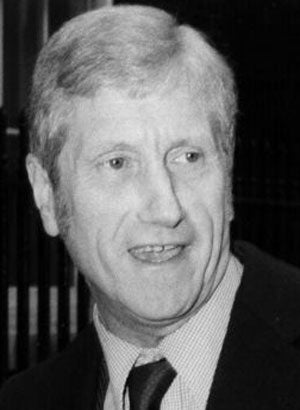Thatcher's economic guru dies at 82

Professor Sir Alan Walters, the former economics adviser to Margaret Thatcher whose controversial role led to the resignation of Nigel Lawson, has died at the age of 82.
Sir Alan was today described as "the finest of friends" by Baroness Thatcher, who paid tribute to him as "radical, fearless, consistent and creative."
He had reportedly been suffering from Parkinson's Disease and his health had deteriorated before Christmas. He and his wife Paddie celebrated their 33rd wedding anniversary on December 27.
In a statement Baroness Thatcher said: "Alan Walters was the best economic adviser any Prime Minister ever had - radical, fearless, consistent and creative.
"He was a great public servant, and to me personally he was the finest of friends."
Sir Alan was first appointed as an economic advisor at Number 10 in 1981. He later returned in 1989 when he repeatedly clashed with Nigel Lawson, then Chancellor.
Walters argued for Britain keeping to strict monetary targets to curb inflation - a view shared by Mrs Thatcher and popular with the Tory Right.
The economist was particularly scornful of Lawson's persistent desire to get Britain to join the European Monetary Union, which he labelled "half-baked".
The row between the two men led to Mrs Thatcher, when pressed in the Commons by Labour Leader Neil Kinnock whether she would sack Walters, memorably saying that "advisers advise and ministers decide".
But Lawson's resignation in October 1989 - followed almost immediately afterwards by Sir Alan's own departure - effectively marked the beginning of the end of Thatcher's premiership, which occurred just over a year later.
After her departure, Sir Alan later criticised the more consensual approach to politics under John Major, Mrs Thatcher's successor, and to the single currency.
He felt he was vindicated when Britain crashed out of the Exchange Rate Mechanism in September 1992, known as Black Wednesday.
He later joined the US insurance firm AIG Trading Group as its vice-chairman.
Subscribe to Independent Premium to bookmark this article
Want to bookmark your favourite articles and stories to read or reference later? Start your Independent Premium subscription today.

Join our commenting forum
Join thought-provoking conversations, follow other Independent readers and see their replies